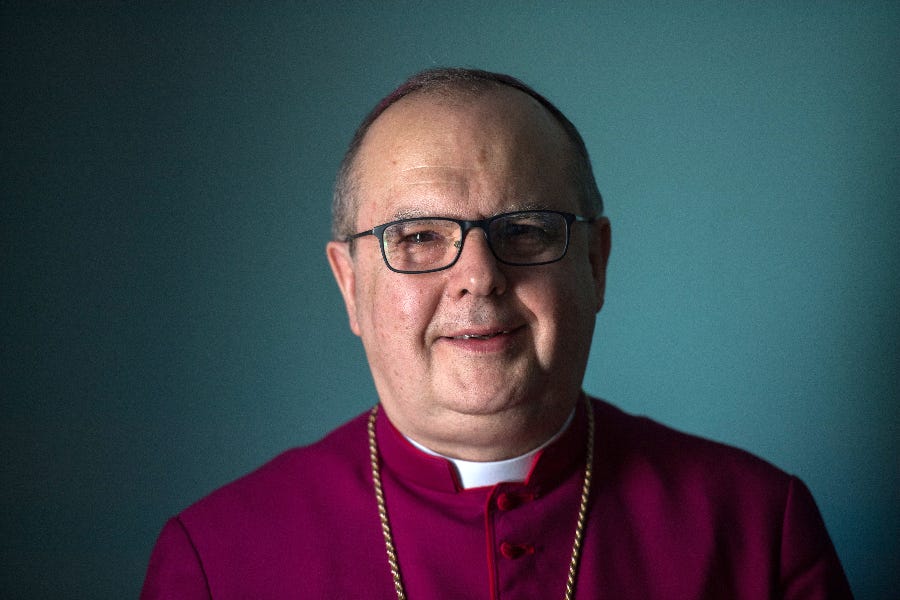UK bishop’s errors left people at risk, says safeguarding review
Bishop Robert Byrne resigned unexpectedly as Bishop of Hexham and Newcastle last December.
A safeguarding review has identified “failures of culture, leadership, and governance” during the tenure of a bishop who resigned unexpectedly as the head of an English diocese last December.

The Catholic…
